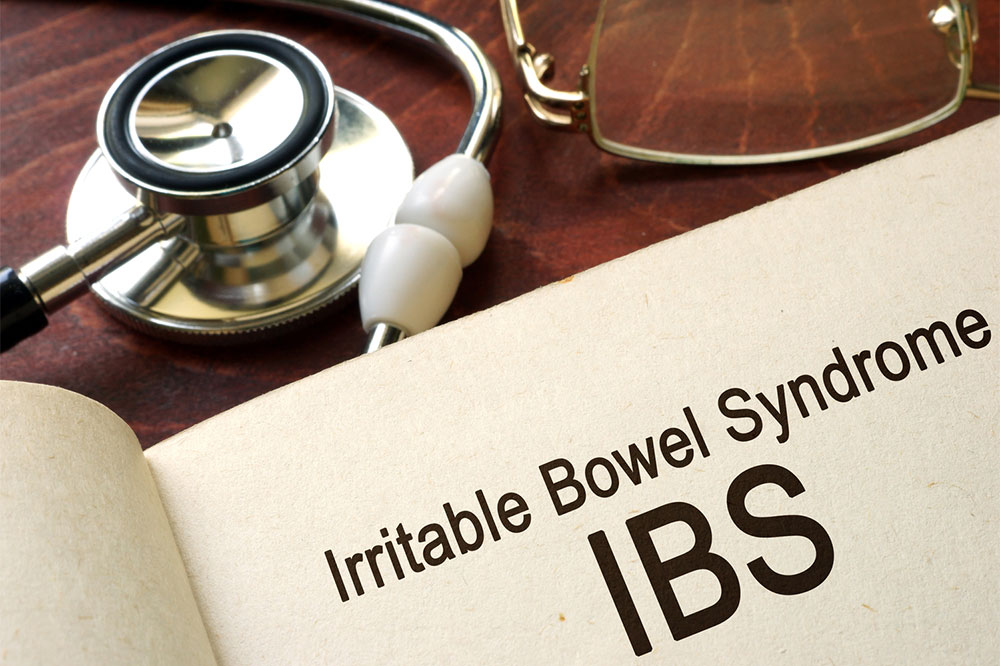Complete Overview of Diverticulitis Management and Care
This comprehensive guide provides essential information on diverticulitis, covering causes, symptoms, and treatment options. It emphasizes lifestyle changes, dietary adjustments, and medical interventions for effective management. Proper care and consultation with healthcare providers are crucial for recovery and preventing recurrence.

Understanding and Treating Diverticulitis
Diverticulitis develops when small pouch-like structures called diverticula, found in the large intestine, become inflamed or infected. These pouches are known as diverticulosis when inactive. The condition predominantly affects those over 40 and often appears in the sigmoid colon but can develop anywhere along the digestive system.
Signs and Symptoms
Patients may experience sudden, severe episodes of infection or ongoing discomfort. Common issues include bowel obstruction, constipation, bloating, pain on the lower left abdomen, nausea, vomiting, reduced appetite, and rectal bleeding.
Causes and Risk Factors
Low-fiber, processed food-heavy diets leading to hard stools that damage the intestinal lining.
Chronic constipation resulting in increased pressure and pouch formation.
Obesity, which raises abdominal pressure and risk.
Older age, which weakens intestinal walls and promotes pouch development.
Treatment and Management
The approach varies with symptom severity, ranging from home care to hospital intervention. Recommendations include:
Rest: Limit physical activity for 3-4 days to support recovery.
Diet Adjustments: Initiate a liquid diet such as clear broths and soups to reduce bowel stress. Transition to a low-fiber diet briefly to avoid exacerbation.
Medications: Take prescribed antibiotics like ciprofloxacin and metronidazole, and over-the-counter pain relievers like acetaminophen to manage pain and infection.
Persistent or worsening symptoms require medical assessment. Diagnostic tests like blood analysis, imaging, and endoscopy confirm the condition. In severe or recurrent cases, surgery such as colectomy or drainage procedures may be necessary. Lifestyle modifications and following medical advice are essential to prevent future episodes.
Important Note:
Our informational content is research-based but does not substitute professional medical advice. Always consult a healthcare professional for diagnosis and personalized treatment. We are not responsible for individual outcomes or discrepancies.


